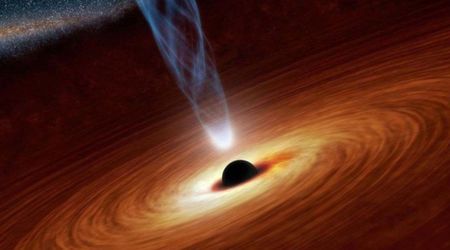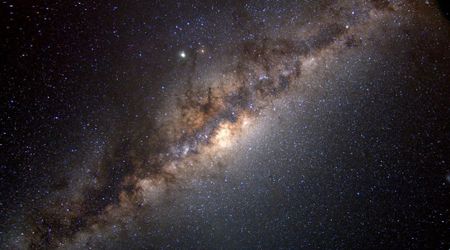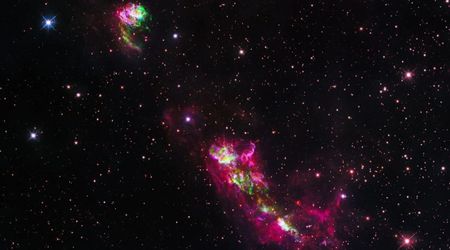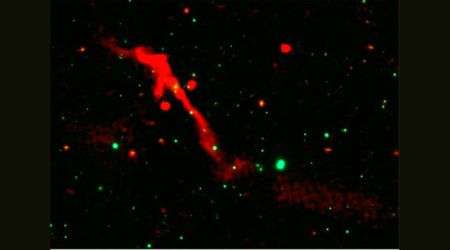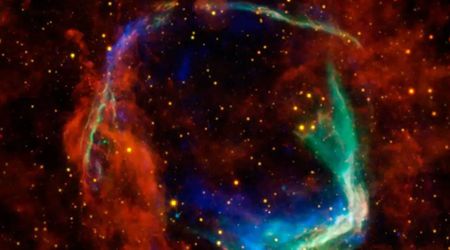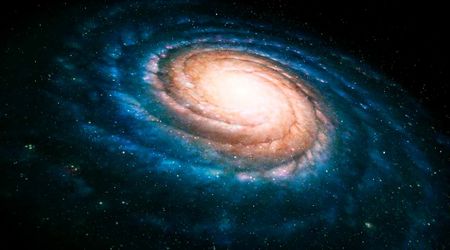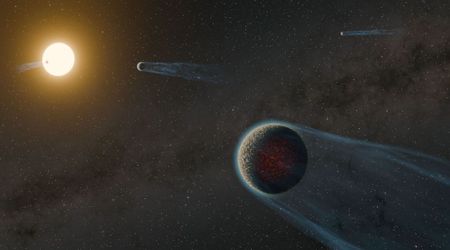Next SpaceX mission carrying private astronauts to ISS faces delay, new launch window set for June 10

NASA, Axiom Space, and SpaceX push the launch of the fourth private astronaut mission to the International Space Station, Axiom Mission 4. The new schedule is targeting a liftoff at 8:22 a.m. EDT, Tuesday, June 10, 2025, from Launch Complex 39A at NASA’s Kennedy Space Center in Florida. According to NASA, the crew will travel aboard a new SpaceX Dragon spacecraft, on the Falcon 9 rocket, to the orbiting laboratory. Experts calculate the docking time to be around 12:30 p.m. on Wednesday, June 11, and NASA will live stream the launch and arrival activities.

This was the second time the schedule of the Axiom mission had been shifted to a different date. It had an initial target of launching on May 29. Changes and adjustments in several ISS schedules led the mission to be pushed to June 8, 2025. The announcement of the latest shift with a two-day delay in schedule was made by Axiom Space through a post on X, though the reason was not mentioned, as per Space.com. The Ax-4 crew includes commander Peggy Whitson, a former NASA astronaut and Axiom's director of human spaceflight; pilot Shubhanshu Shukla of India; Polish mission specialist Sławosz Uznański of the European Space Agency; and Hungarian mission specialist Tibor Kapu.
The #Ax4 crew is scheduled to launch to the International Space Station on June 10 at 8:22 AM EDT from Launch Complex 39A at @NASAKennedy. Tune in for the launch broadcast starting at 6:15 AM EDT. pic.twitter.com/2ACocwFRSQ
— Axiom Space (@Axiom_Space) June 3, 2025
The spacefarers are set to be sent on a two-week research mission aboard the ISS, where they will conduct 60 science experiments. This includes science, education, and commercial activities, which will conclude with the exit of the spacecraft from the ISS. These activities are on behalf of 31 countries, highlighting the collaborative nature of the mission, as per Axiom Space. The experiments are specifically tailored for microgravity research, hinting at a globally significant advancement that will add to the space research capabilities of the crew and their nations.

Ax-4 will be the second commercial spaceflight mission, consisting of government and ESA-sponsored national astronauts. ISS Station Commander, Takuya Onishi, of JAXA, and NASA Flight Engineers Jonny Kim, Anne McClain, and Nichole Ayers reviewed the private astronaut mission. They communicated with the mission managers and discussed Ax-4 operations and analyzed if the station was ready to receive them, as per NASA. Along with the ongoing experiments on the ISS, these reviews highlighted NASA’s mission responsibility for integrated operations.
The Expedition 73 crew members are preparing for the arrival of the Axiom Mission 4 and to welcome the four astronauts flying to the ISS. The Axiom missions are aimed at fulfilling the company’s goals of building a space station to attach to the ISS before its 2030 retirement. The series of missions began in 2022, and the latest of the list was Axiom Mission 3 in January 2024. The Ax-4 is the first time in 40 years that a crew member from India, Poland, and Hungary is traveling onboard a government-sponsored spaceflight, as per USA Today.
.@NASA, @Axiom_Space, and @SpaceX are targeting 8:22 a.m. EDT, Tuesday, June 10, for launch of the fourth private astronaut mission to the @Space_Station, Axiom Mission 4.
— NASA Space Operations (@NASASpaceOps) June 4, 2025
The mission will lift off from Launch Complex 39A at @NASAKennedy in Florida. The crew will travel to the… pic.twitter.com/FJHT9pXO9m
NASA addressed the previous shift as a reason for mission operators to avoid unfavorable weather conditions and better prepare the Dragon. Though the exact date of the crew’s return is unclear, they are to depart from the ISS onboard the Dragon, back to Earth. The capsule is scheduled for a water landing off the coast of California. SpaceX moved its recovery operations to this zone recently, hinting at the preparations in place. The success of this mission will be a significant milestone in global collaboration for space exploration.
